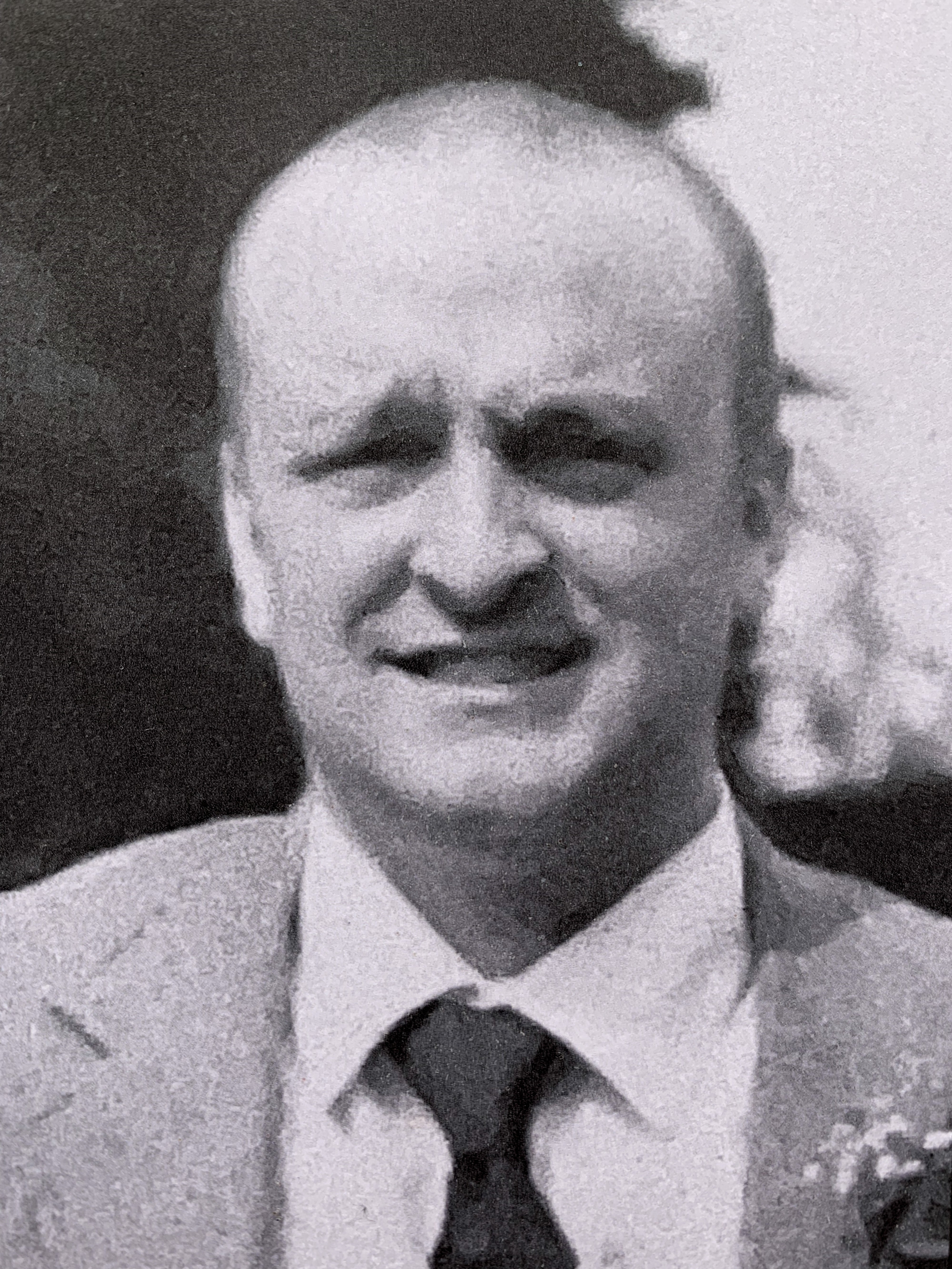Father of man found dead in cement mixer loses High Court challenge against Essex Police
Les Balkwell had demanded new independent probe after police refused to reopen investigation

The father of a man whose body was found in a cement mixer has lost a High Court challenge against Essex Police over the investigation into his death.
Lee Balkwell, a 33-year-old lorry driver, was found dead on 18 July 2002 on Baldwins Farm in South Ockendon, with his head and shoulders wedged between the chassis and the drum of a cement mixer, inside which he had supposedly been working in the small hours of the morning.
His father, Les Balkwell, now in his mid 70s, has spent the last two decades campaigning for a greater investigation into his son’s death, claiming he was murdered and accusing the police of corruption.
Essex Police closed their investigation after deciding that his death was a “tragic accident,” before an inquest in 2008 ruled he had been unlawfully killed.
In a probe launched after 130 complaints by Mr Balkwell, the police watchdog concluded in 2012 that the police investigation had been “seriously flawed”, but found no evidence of corruption. The force apologised and paid compensation.
Earlier this year, Mr Balkwell brought a High Court challenge against Essex Police over the force’s decisions to close and not reopen a probe, which he claimed were “unlawful” and “irrational”.
The High Court was told in February that Mr Balkwell claimed to have “intelligence” that his son had potentially been “punished” over someone else’s “drugs deal”, and had secured a pathologist’s report allegedly providing evidence that his son was “likely dead before he was crushed”.
The pathologist said there was “strong evidence of staging of the scene in an attempt to make ... Lee’s death appear to be an accident”, his representative Kirsty Brimelow QC was reported as telling the court.
Mr Balkwell had sought for the court to order a new independent investigation into his son’s death.
But in a ruling on Monday, Dame Victoria Sharp, sitting with Mr Justice Bennathan, dismissed Mr Balkwell's challenge, saying they were “in no doubt” that police decisions over a fresh investigation “had regard to the proper legal tests and to the material facts”.
Dame Victoria said they believed it was “reasonable” for police to conclude that alleged new evidence in the case was “insufficient” to require the investigation to be reopened, but noted that flaws in the original investigation created “evidential difficulties” with “vital evidence” being lost.
Lawyers for Essex Police had argued that “no new intelligence” had been received since a Kent Police review, which ended in 2014, telling the court: “If there were a realistic prospect that further investigative steps would be productive, then the defendant would, enthusiastically, take those steps. Sadly, there is no such prospect.”
The force’s legal representative also pointed to the fact that an operation by Kent Police between 2012 and 2014 – codenamed Operation Nereus – had led to the prosecution of Balkwell’s employer, Simon Bromley.
Bromley was cleared in 2014 of unlawful killing by gross negligence, but was convicted of failing to discharge his duty as an employer under health and safety regulations, and of growing cannabis with an estimated street value of £55,000.
Dame Victoria said on Monday that Operation Nereus could be classified as an “investigation”, with it involving a team of nine officers completing around 1,000 actions and producing nearly 4,500 documents.
The court did not accept it was “irrational” for the police not to reopen the investigation in light of the pathologist’s report, she said, highlighting that three others had produced “contrary” views to it.
The pathologist’s report “did not give rise to any lines of enquiry beyond those already explored at various stages, up to and including Operation Nereus”, Dame Victoria said, adding that a different report by private investigators contained “commentary, supposition, theories and criticisms” that had been dealt with by the police operation.
Dame Victoria acknowledged that Mr Balkwell “suffered the loss of a beloved family member,” adding: “His shock and sense of loss were significantly aggravated by the failure of the defendant to conduct a proper investigation in 2002.”
Additional reporting by PA


